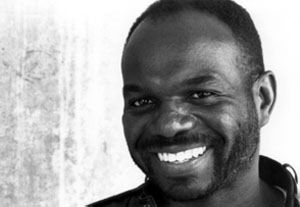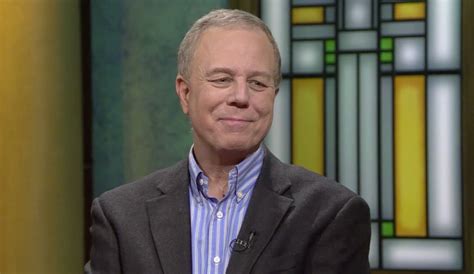A Quote by Frederick Lenz
When you live a life devoid of ritual and convention, with honesty and self-effacement, then you are on the road to freedom.
Related Quotes
See, the 'On the Road' that came out in 1957 was censored. A lot of the honesty of it, the bitter honesty, is in the original scroll version that came out in 2007 on the 50-year anniversary. Back then, there was so much post-Second World War fear that was imposed on everybody - 'You must live life this way' - and these guys were bored.
Why would a person prefer the accusations of guilt, unworthiness, ineptitude — even dishonor and betrayal — to real possibility? This may not seem to be the choice, but it is: complete self-effacement, surrender to the “others,” disavowal of any personal dignity or freedom — on the one hand; and freedom and independence, movement away from the others, extrication of oneself from the binding links of family and social duties-on the other hand. This is the choice that the depressed person actually faces.
Humility is just as much the opposite of self-abasement as it is of self-exaltation. To be humble is not to make comparisons. Secure in its reality, the self is neither better nor worse, bigger nor smaller, than anything else in the universe. It is ? is nothing, yet at the same time one with everything. It is in this sense that humility is absolute self-effacement.
If the denial of death is self-hatred, as it is to deny our freedom and live in fear of death (which is to say, to live in a form of bondage), then the acceptance and affirmation of death is indeed a form of self-love. But I'd want to make a distinction between a form of self-love which is essential to what it means to be human, and a narcissism of self-regard, like Rousseau's distinction between amour de soi and amour propre, self-love and pride.
Submitting self to God is the only real freedom-because the deepest slavery is self-dependence, self-reliance. When you live your life believing that everything (family, finances, relationships, career) depends primarily on you, you're enslaved to your strengths and weaknesses. You're trying to be your own savior. Freedom comes when we start trusting in God's abilities and wisdom instead of our own. Real life begins when we transfer our trust from our own efforts to the efforts of Christ.


































